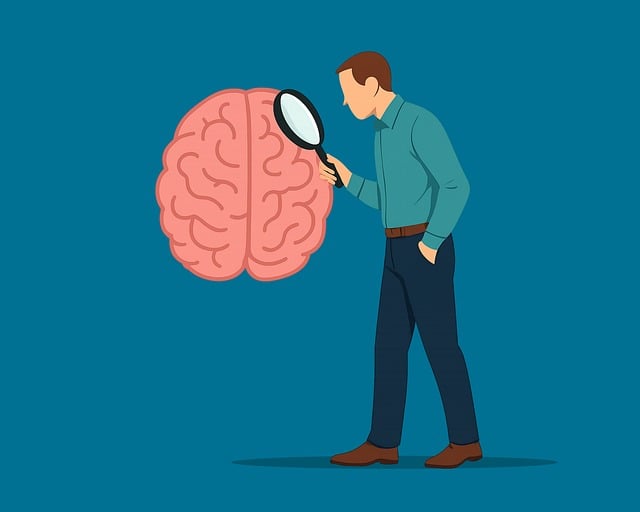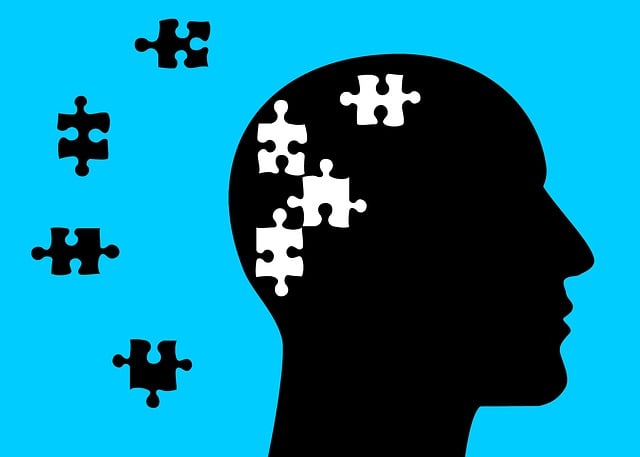Therapy for Adults Trauma requires a culturally sensitive approach to address unique contexts influenced by systemic injustices, historical wounds, and intergenerational trauma. Mental health professionals create safe spaces through understanding cultural beliefs about mental illness and implementing stigma-reducing initiatives. Continuous education, public awareness campaigns, and self-care strategies are vital for professionals to offer tailored, effective treatment, preserving clients' cultural identities and empowering healing.
Cultural sensitivity is an indispensable aspect of mental healthcare, particularly when treating adults with trauma. This article explores the significance of cultural competence and its profound impact on therapeutic outcomes. We delve into strategies that mental health professionals can employ to create a safe, culturally responsive environment.
By understanding the diverse cultural backgrounds of clients, therapists can navigate complex issues related to trauma effectively. Through culturally sensitive practices, we aim to enhance care, foster trust, and promote positive healing journeys for those who have experienced traumatic events.
- Understanding Cultural Sensitivity: Why It Matters in Mental Healthcare
- Navigating Therapy for Adults with Trauma: A Culturally Responsive Approach
- Strategies for Mental Health Professionals: Embracing Cultural Competence
Understanding Cultural Sensitivity: Why It Matters in Mental Healthcare

In the realm of mental healthcare, cultural sensitivity is a cornerstone for effective treatment and emotional well-being promotion techniques. Understanding and respecting diverse cultural backgrounds, beliefs, and values are essential in providing crisis intervention guidance tailored to each client’s unique needs. Mental health professionals must recognize that trauma, often at its root, is deeply intertwined with cultural contexts, and addressing it requires sensitivity and an awareness of these nuances.
When treating adults with trauma, especially those from diverse ethnic and cultural backgrounds, healthcare providers can significantly impact outcomes by incorporating cultural sensitivity into their practice. This involves adapting therapy methods to align with the client’s cultural framework, ensuring a safe and supportive environment that fosters trust and open communication. By doing so, professionals not only enhance the effectiveness of treatment but also empower individuals to heal while preserving their cultural identity.
Navigating Therapy for Adults with Trauma: A Culturally Responsive Approach

Navigating therapy for adults with trauma requires a culturally responsive approach to ensure effective and safe healing. Many individuals from diverse cultural backgrounds carry the weight of traumatic experiences, often shaped by systemic injustices, historical wounds, or intergenerational trauma. Therapists must be mindful of these unique contexts and how they influence an individual’s mental health journey.
A culturally sensitive therapy practice involves creating a safe, non-judgmental space where clients feel empowered to share their stories without fear of stigma. This includes understanding the impact of cultural beliefs around mental illness, such as the stigmatization often associated with seeking help. Through initiatives like community outreach program implementations and awareness campaigns focused on mental illness stigma reduction efforts, therapists can foster an environment that promotes self-esteem improvement and encourages individuals to embrace their healing process.
Strategies for Mental Health Professionals: Embracing Cultural Competence

Mental health professionals play a pivotal role in fostering cultural sensitivity within their practice. Embracing cultural competence is essential to providing effective therapy for adults with trauma, as it ensures that treatment approaches are tailored to meet the unique needs of diverse patient populations. One key strategy involves continuous education and training on cultural sensitivity, which includes learning about different cultural beliefs, values, and practices related to mental health. This knowledge equips professionals to avoid assumptions and biases, thereby creating a safe and non-judgmental environment for clients from various backgrounds.
Additionally, professionals can actively engage in public awareness campaigns that promote cultural understanding, reducing stigma associated with seeking therapy, especially within marginalized communities. Encouraging open dialogue about mental health issues across cultures helps destigmatize conversations around trauma, anxiety, and depression. Moreover, prioritizing self-care through burnout prevention strategies is vital to sustain professionals’ cultural sensitivity over time, enabling them to remain attuned to their clients’ diverse needs effectively.
Cultural sensitivity is a cornerstone of effective mental healthcare, especially when treating adults with trauma. By adopting culturally competent practices, as highlighted in this article, therapists can create a safe and supportive environment that respects and understands diverse backgrounds. This approach not only enhances therapeutic outcomes but also fosters trust and encourages clients to share their unique experiences. Embracing cultural sensitivity is crucial for navigating the complexities of therapy, ensuring every individual receives tailored care that addresses their specific needs, particularly in the context of therapy for adults with trauma.








